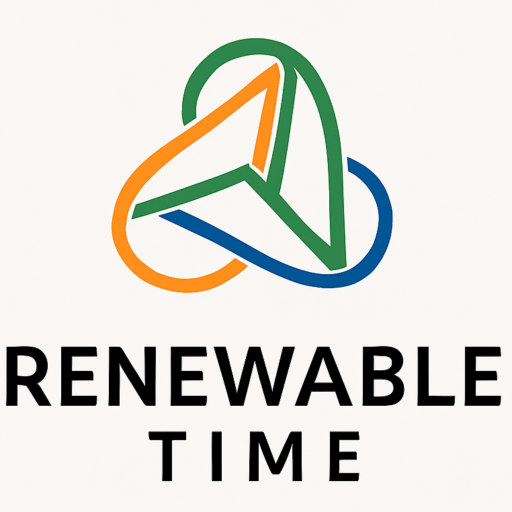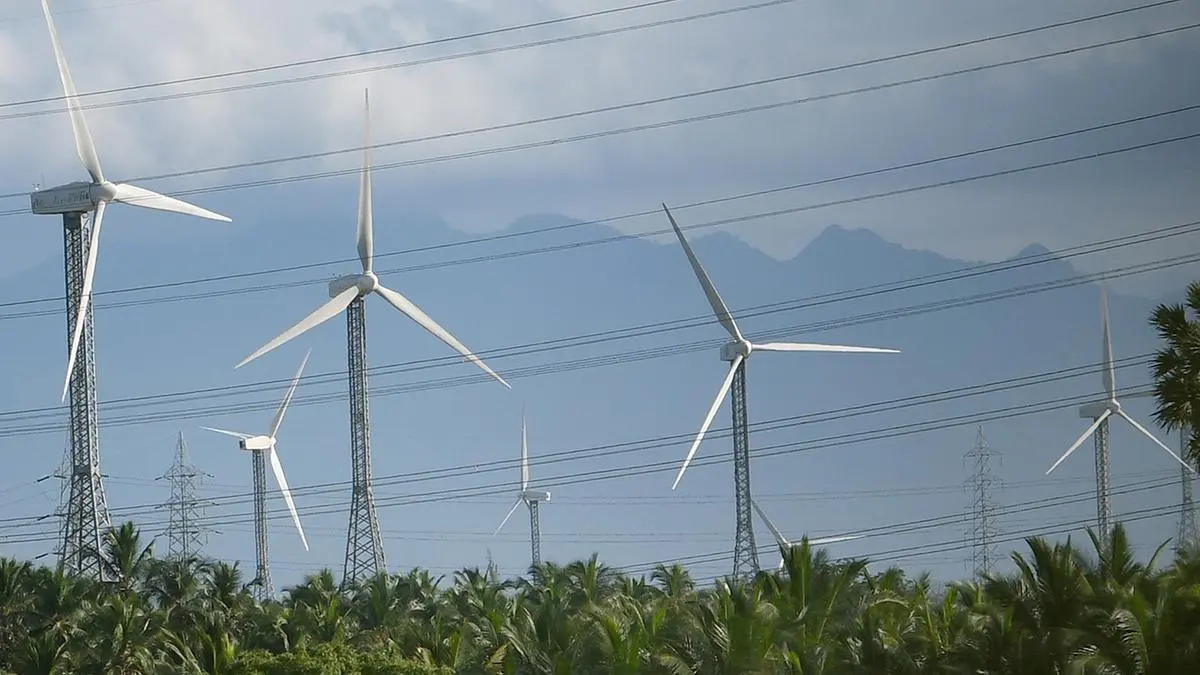India is witnessing a significant shift in its renewable energy (RE) landscape, with storage-backed projects emerging as a critical solution to address the variability of solar and wind power. These projects—such as firm and dispatchable renewable energy (FDRE) systems and solar installations integrated with battery storage—enable consistent power delivery, particularly during peak demand periods, thereby enhancing grid reliability.
According to a recent report by Crisil Ratings, around 11 gigawatts (GW) of storage-backed RE projects were auctioned by central agencies in 2024, making up nearly one-third of the total renewable energy capacity awarded during the year. This marks a steep rise from 2023, when such projects comprised only about 11% (2.5 GW) of the auctioned capacity.
Strong Growth Outlook Through 2028
Driven by government initiatives aimed at promoting firm, dispatchable clean energy, the installed capacity of storage-based RE systems in India is projected to grow significantly—reaching 25–30 GW by March 2028. This would represent over 20% of all new RE capacity additions in the country over the next three years.
Crisil noted that this rapid growth is underpinned by favorable policies and tender designs that prioritize hybrid and storage-linked RE projects. The average energy oversizing requirement—roughly 2.5 times the contracted capacity—has already resulted in a robust project pipeline of around 34 GW.
Mitigating Risks and Enhancing Bankability
Although most of the recently awarded projects are still in early development or construction stages, Crisil expects implementation risks to be moderate. Delays in funding, execution, or power offtake agreements may arise, but are not expected to severely impact timelines.
A key factor mitigating risk is the long-term power purchase agreements (PPAs) secured by nearly half of these projects. With 25-year fixed tariffs in place, these agreements offer stable revenue visibility. However, for the remaining projects, where tariffs are up to 55% higher than standard RE tariffs, signing PPAs may face some delays due to pricing concerns.
Developer Readiness Boosts Confidence
Developers are actively working to streamline land acquisition and grid connectivity, helping to lower construction risks. This proactive stance is crucial for ensuring timely project delivery and supporting India’s goal of building a resilient and sustainable energy system.
Ankit Hakhu, Director at Crisil Ratings, emphasized, “The visibility of long-term PPAs for a significant portion of upcoming storage-backed RE capacity reduces offtake risk. However, cost competitiveness will be a determining factor for the remaining projects.”


